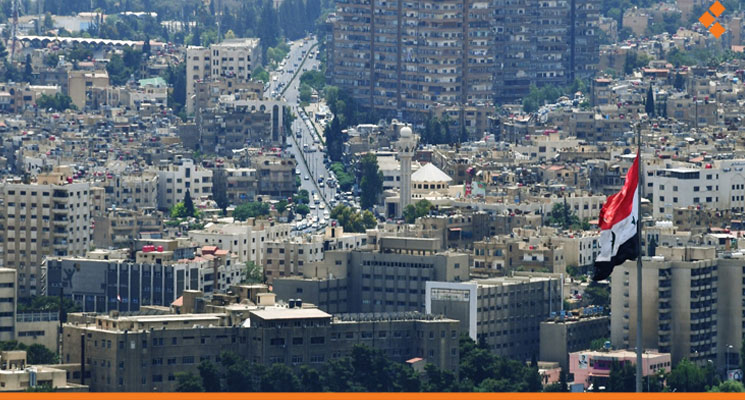In a noteworthy development, an increasing number of Syrians are opting to sell their homes and belongings to cover expenses related to travel, visas, and airfare. Real estate experts and property agents operating in areas such as “Mezze 86,” Jaramana, and Rukn al-Din have affirmed that the supply of properties for sale currently surpasses the demand. This surplus has led to real estate prices falling below their anticipated values due to homeowners’ urgent need for liquid assets to facilitate their travel arrangements.
Adnan, a real estate broker serving the Jaramana area in rural Damascus, explains, “Homes that were listed at 200 million pounds when the exchange rate was 9,000 pounds per dollar are now being offered at 230 million pounds, with the black market rate reaching approximately 14,000 pounds per dollar. Many are compelled to part with their homes to secure the necessary funds for emigration or to enable at least one family member to depart due to the deteriorating economic conditions and the untenable cost of living.”
Assad Expands Qaterji’s Oil Activity:” The Gate” that Lays Golden Eggs
He further elaborates, “These families are selling their homes to finance their travel expenses and subsequently residing in rented accommodations until they can reunite with their families.”
Several Cases Illustrate This Trend:
Abeer, a nurse at a public hospital who also works at a private clinic during the evenings, reveals that her income barely covers the basic needs of her family of five. She has decided to sell her house after obtaining a work visa to relocate to Iraq and work in a hospital there. She faces the dilemma of leaving behind her husband and three children temporarily until they can join her or selling the house to acquire expedited passports, priced at 9 million pounds each, and individual plane tickets costing 15 million pounds per person. She has chosen to sell her house, including everything in it, for a sum of 300 million pounds ($22,000), expressing her determination to try and ensure her children can accompany her in their journey.
Anwar, employed as a driver on the Jordan-Damascus route, has decided to settle in a neighbouring country after completing the sale of his house and securing passports for his family. He has found an opportunity to work as a driver in a hospital. He comments, “Living in a distant country seems more promising than enduring our current hardships.”
Abu Jawad, a service driver residing in the Tadamon area, seeks to sell his house for 300 million pounds to cover his son’s emigration expenses, including a 10,000-dollar fee and the rent of a small house for his son, wife, and young daughter. He deems selling his home as a necessity.
The cost of expedited passport processing has surged to 9 million pounds ($650.00), through individuals offering these services online, as reported by Abu Jawad.
Umm Sakhr is preparing to sell her house next year after her daughter completes her high school exams. This step is essential to secure the necessary funds for her daughter’s emigration, with the hope of a timely family reunion. She laments, “The situation has become unbearable, and we can no longer sustain the cost of living. The ideal option is to let go of everything to find employment in another country. The situation has become exceedingly dire, and even one million pounds is insufficient for just a week. Therefore, the only solution is to seek a better life abroad.”
It is important to note that Syria is currently grappling with severe economic challenges and soaring prices, prompting many Syrians to contemplate emigration as a viable option.
This article was translated and edited by The Syrian Observer. The Syrian Observer has not verified the content of this story. Responsibility for the information and views set out in this article lies entirely with the author.


